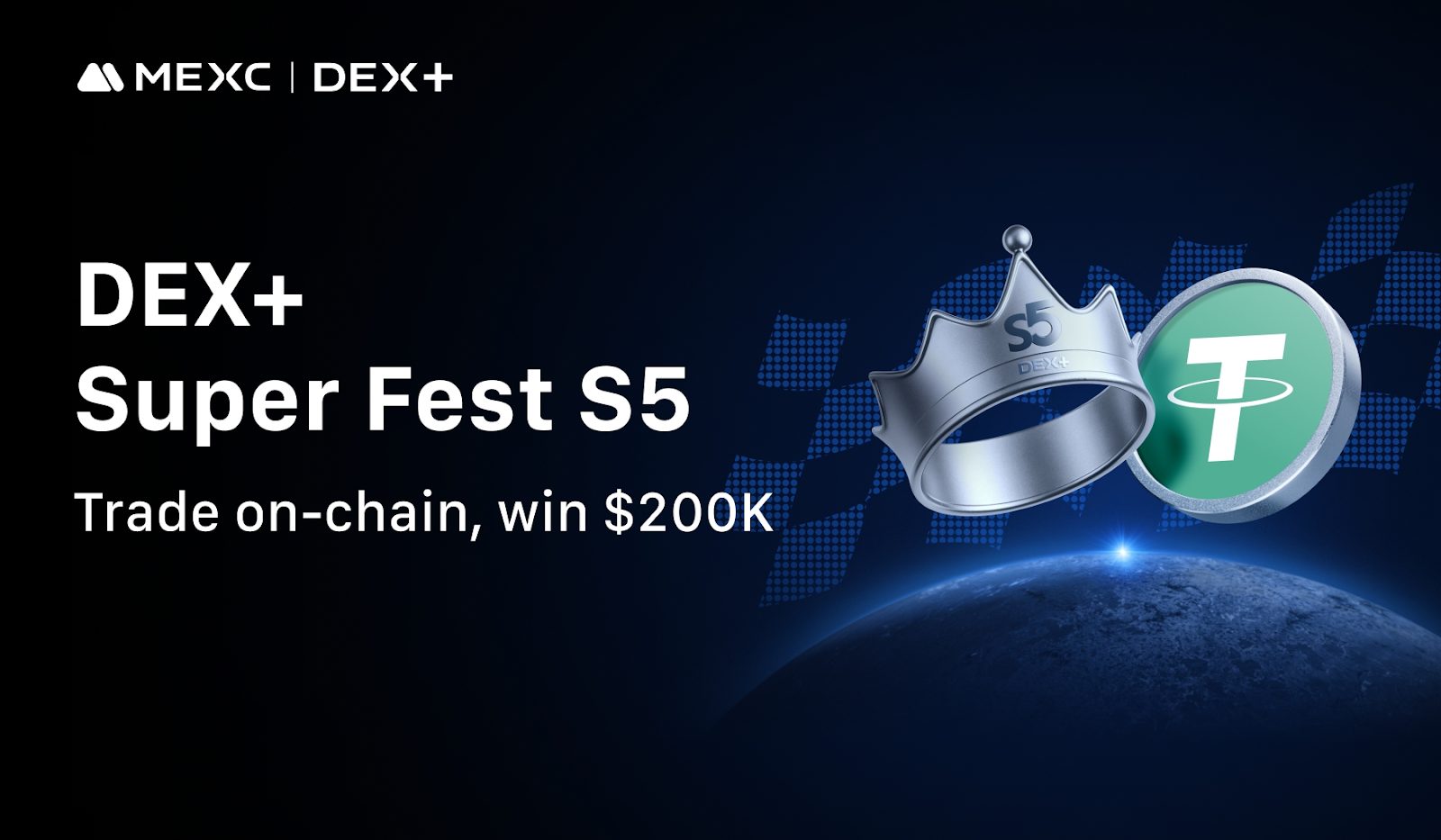Understanding the concept of a DEX aggregator is essential for anyone interested in cryptocurrency trading. In this article, we will explore the role of DEX aggregators in the crypto space, their benefits, and how they work. We will also discuss the history of DEX aggregators and their increasing popularity in the decentralized finance (DeFi) ecosystem.
What is the Introduction to DEX Aggregators?
Cryptocurrency exchanges can be broadly categorized into two types: centralized exchanges (CEX) and decentralized exchanges (DEX). CEX platforms, like Coinbase and Binance, operate as intermediaries, controlling users’ funds and facilitating the trading process. On the other hand, DEX platforms are built on blockchain technology and allow users to trade directly with each other without the need for a centralized intermediary.
While DEX platforms offer increased security and transparency, they also present challenges for traders. The fragmented nature of DEXs results in different prices and liquidity for the same trading pair across various platforms. This makes it difficult for traders to find the best deal and execute trades efficiently. This is where DEX aggregators come in.
What is the role of DEX Aggregators?
DEX aggregators serve as unified platforms that gather information from multiple DEXs and present it in a user-friendly interface. They enable traders to compare prices and liquidity across different DEX platforms, ultimately helping them find the best possible deal for their trades.
Just like search engines aggregate information from various websites and present the most relevant results, DEX aggregators aggregate data from different DEX platforms and provide users with a comprehensive view of available prices and liquidity. This saves traders significant time and effort, as they no longer need to manually visit multiple DEX platforms to compare prices.
What is DEX Aggregators Work?
DEX aggregators employ sophisticated algorithms to analyze data from various DEX platforms. They consider factors such as trading volume, liquidity, and fees to determine the optimal platform for a particular trade. By splitting trades across multiple DEXs, aggregators can achieve the best possible price execution for users.
For example, let’s say a trader wants to swap Ethereum for another cryptocurrency. Instead of manually checking the prices on different DEX platforms, the trader can use a DEX aggregator. The aggregator will scan multiple DEXs, evaluate their prices and liquidity, and present the trader with the best option. The aggregator may even split the trade across multiple exchanges to optimize the price execution.
Additionally, DEX aggregators offer advanced features such as slippage protection and limit orders. Slippage protection ensures that traders’ orders are executed at the expected price, even if market conditions change during the trade. Limit orders allow traders to set specific price levels at which they want to execute their trades, providing more control over their transactions.
What is the history of DEX Aggregators?
The concept of DEX aggregators emerged relatively recently, with the first prototype being developed during a hackathon competition in 2019. During the hackathon, developers recognized the need for aggregated information from multiple DEXs. This information was not readily available as a service at the time.
Sergej Kunz and Anton Bukov, two participants in the hackathon, developed the first version of a DEX aggregator called 1inch within just 18 hours. Although the initial version was not fully functional, it highlighted the potential of DEX aggregators in the crypto space.
Since then, DEX aggregators have gained significant popularity, especially within the DeFi ecosystem. Decentralized finance aims to bring traditional financial services, such as lending, borrowing, and trading, to the blockchain. DEX aggregators play a crucial role in making DeFi more accessible and user-friendly.
What are the benefits of DEX Aggregators?
DEX aggregators offer several benefits for traders and users of decentralized exchanges:
What are the better prices?
By aggregating data from multiple DEX platforms, aggregators allow users to find the best prices for their trades. They eliminate the need to manually compare prices across different platforms, saving both time and money for traders.
What is the significance of improved liquidity?
DEX aggregators provide users with a broader pool of liquidity by accessing multiple DEX platforms. This ensures that traders can execute their trades without experiencing significant slippage or price fluctuations.
What is enhanced user experience?
DEX aggregators simplify the trading process by offering a user-friendly interface. Traders can easily compare prices, view liquidity, and execute trades without the need for extensive knowledge of individual DEX platforms.
Why is there increased security?
Since DEX aggregators do not hold users’ funds, they eliminate the risk of hacks or breaches that centralized exchanges often face. Users retain control over their assets throughout the trading process, enhancing security and reducing counterparty risk.
What is the access to advanced features?
DEX aggregators offer advanced features such as slippage protection and limit orders, empowering traders with more control over their transactions.
What is the conclusion?
DEX aggregators have revolutionized the way traders interact with decentralized exchanges. They provide users with a consolidated view of prices and liquidity across multiple DEX platforms, saving time and effort. With their advanced algorithms and features, DEX aggregators help traders achieve better price execution and enhance their overall trading experience.
As the popularity of cryptocurrencies and DeFi continues to rise, the importance of DEX aggregators will only grow. They play a pivotal role in democratizing access to decentralized finance and enabling users to make informed trading decisions. Whether you are a seasoned crypto trader or a newbie exploring the world of blockchain, understanding DEX aggregators is crucial for navigating the evolving crypto landscape.















